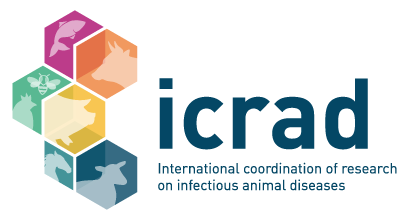Project details
Acronym: NucNanoFish
Researcher: Dr Bernard Verrier
Countries: Belgium, France, Norway, United Kingdom
Organisations:
Project Summary
Aquaculture is the fastest growing food production sector, but it is significantly constrained by infectious diseases.
Impact of viral infections on fish health and welfare is particularly strong, involving important economic losses, and only few vaccines are available. Therefore, it is of paramount importance to develop new vaccines to prevent fish viral diseases for the development of a sustainable aquaculture.
Experimental DNA vaccines against fish viral infections have been developed, some providing high protection but they are injected and cannot be easily administered to young fish. Importantly, several
DNA vaccines have been recently made commercially available but remain expensive.
mRNA vaccines hold much hope, but they are just beginning to be tested in fish. In mammals, they often induce strong responses and good protection. They appear to be fast to produce and safer than DNA vaccines as they should not integrate into host genomes.
In this context, the NucNanoFish project proposes to establish a nucleic acid platform using biodegradable nanoparticles for efficient delivery of vaccines, through intra-muscular (IM) or oral/immersion routes, against to well-known viral diseases of severa European farmed fish species. We have selected four different relevant host-pathogen models through cutting edge expertise of each consortium‘s partner.
NucNanoFish will design, produce and test DNA/mRNA nucleic acid vaccines loaded or not onto safe-by-design LipoNanoParticles (LNP). LNP are based on a PLA/PLGA (Poly-Lactic/Glycolic Acid) core surrounded with a lipid corona.
We hypothesize that their efficient uptake by mucosa or the recruitment of Antigen Presenting Cells (APC) at the site of injection will favour a protective immune response at the portal of entry of each relevant virus.
To achieve these goals, NucNanoFish has assembled a consortium of six partners with highly complementary expertise: one in nanodelivery of antigen and mRNA using LNP, four groups of fish immunovirologists / vaccinologists and a biotech company in DNA production.
We have selected three fish species: rainbow trout, common carp and Atlantic salmon, and four important and well-studied viruses: the Viral hemorrhagic septicemia virus (VHSV), a rhabdovirus; the Infectious pancreatic necrosis virus (IPNV), a birnavirus; the Salmonid alphavirus (SAV) and the Cyprinid herpesvirus3 (CyHV3).
